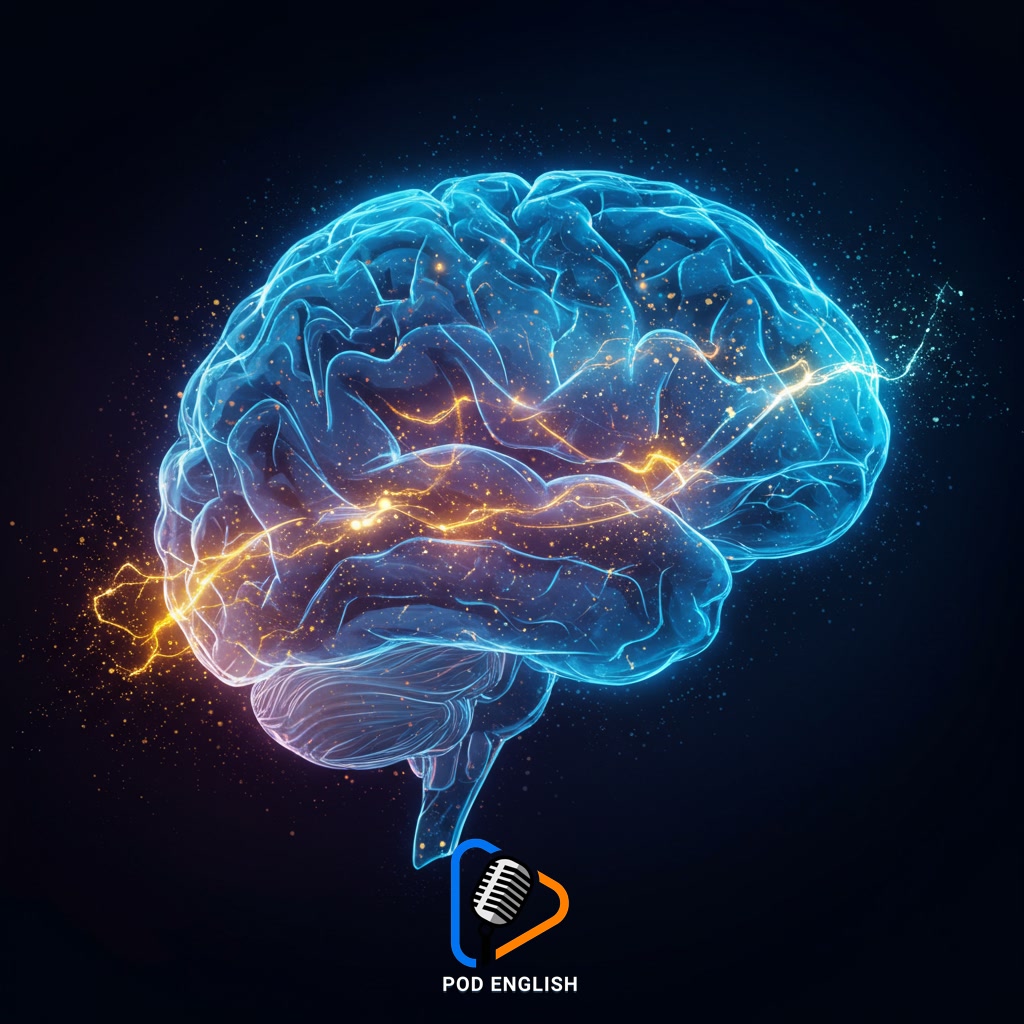Learn English
Accelerate English Learning: Master Mental Agility Techniques

This content explores effective strategies to significantly speed up the process of acquiring English proficiency. It focuses on mastering specific mental agility techniques designed to enhance cognitive functions related to language acquisition. By applying these methods, learners can improve their ability to process information, retain vocabulary, and develop fluency more quickly. The aim is to provide actionable insights for anyone seeking to accelerate their English language journey.
Table of Contents
- Section 1: The Role of Mental Agility in Accelerating English Learning
- Section 2: Understanding Mental Agility in Language Acquisition
- Section 3: Key Mental Agility Techniques for English Learners
- Section 4: Applying Mental Agility in Your English Study Routine
- Section 5: Measuring Progress and Sustaining Mental Agility
Section 1: The Role of Mental Agility in Accelerating English Learning
Mental agility plays a crucial role in accelerating your English learning journey. It’s not just about spending more hours studying, but about making those hours more effective by sharpening your cognitive functions. When you enhance your mental agility, you improve your ability to focus deeply on new grammar structures, retain vocabulary more easily in your memory, and process spoken or written English faster. This means you can understand conversations and texts with greater speed and less effort. Developing flexibility in your thinking also helps you adapt quickly to different accents, speaking styles, and cultural nuances embedded in the language. Essentially, boosting your mental agility primes your brain to absorb, process, and utilize new language information more efficiently, paving a faster path towards fluency and comprehension.

The Role of Mental Agility in Accelerating English Learning
Section 2: Understanding Mental Agility in Language Acquisition
Building upon the idea of sharpening your cognitive functions, mental agility in language acquisition specifically refers to your brain’s efficiency and flexibility in handling linguistic information. It’s the capacity to quickly grasp new vocabulary and grammatical structures, integrate them with your existing knowledge, and readily access and utilize them for fluent communication. This involves processes like rapid pattern recognition in speech, efficient information retrieval, and the ability to adapt your language use in real-time. Understanding mental agility means recognizing that effective English learning isn’t just about memorization, but about training your brain to be a more nimble and powerful language processor. This foundational concept is key to unlocking faster progress and achieving fluency.

Understanding Mental Agility in Language Acquisition
Section 3: Key Mental Agility Techniques for English Learners
Building upon the idea of sharpening your cognitive functions, mental agility in language acquisition specifically refers to your brain’s efficiency and flexibility in handling linguistic information. Key techniques are crucial for English learners. Active recall, for instance, involves actively retrieving vocabulary or grammar rules from memory, significantly strengthening retention pathways compared to passive review. Spaced repetition leverages this by scheduling review sessions at increasing intervals, optimizing long-term memory consolidation. Chunking helps break down complex sentences or large vocabulary lists into smaller, manageable units, improving processing speed and comprehension. Cultivating metacognition, or awareness of your own learning process, allows you to adapt strategies and study methods for better results. By incorporating these deliberate practices, learners can enhance their ability to quickly process, retain, and utilize new English concepts, making their learning journey more dynamic and effective.

Key Mental Agility Techniques for English Learners
Section 4: Applying Mental Agility in Your English Study Routine
Building on the concept of sharpening your cognitive functions, applying mental agility directly into your English study routine involves being deliberate and flexible in how you process language. Instead of passive learning, actively engage your brain by connecting new vocabulary to existing knowledge, quickly recalling information under timed conditions, and deliberately switching between different language skills like listening and speaking. Practice rapid sentence formation, summarize ideas quickly, and try to predict upcoming information while listening or reading. This active, dynamic approach trains your brain to handle English information more efficiently, improving retention and fluency by making your learning process more responsive and agile.

Applying Mental Agility in Your English Study Routine
Section 5: Measuring Progress and Sustaining Mental Agility
Building on the concept of sharpening your cognitive functions, applying mental agility directly into your English study routine involves being deliberate and flexible in how you process language. Insatiably curious about tracking improvement is key to staying motivated. Measuring your progress with these techniques isn’t about strict tests, but observing tangible changes. This could involve noticing faster recall of vocabulary during conversations, improved comprehension when listening to native speakers, or smoother sentence construction in writing. Simple methods like keeping a language journal, recording short speaking samples over time, or periodically testing yourself on specific grammar points can reveal significant gains. Sustaining this enhanced mental agility requires integrating these practices consistently. Make them a regular part of your learning habit, perhaps dedicating short, focused sessions daily. Reflect on what techniques work best for you and adapt your approach as needed. Celebrating small milestones keeps momentum going, ensuring that the cognitive flexibility you’ve built continues to accelerate your English journey long-term.

Measuring Progress and Sustaining Mental Agility













